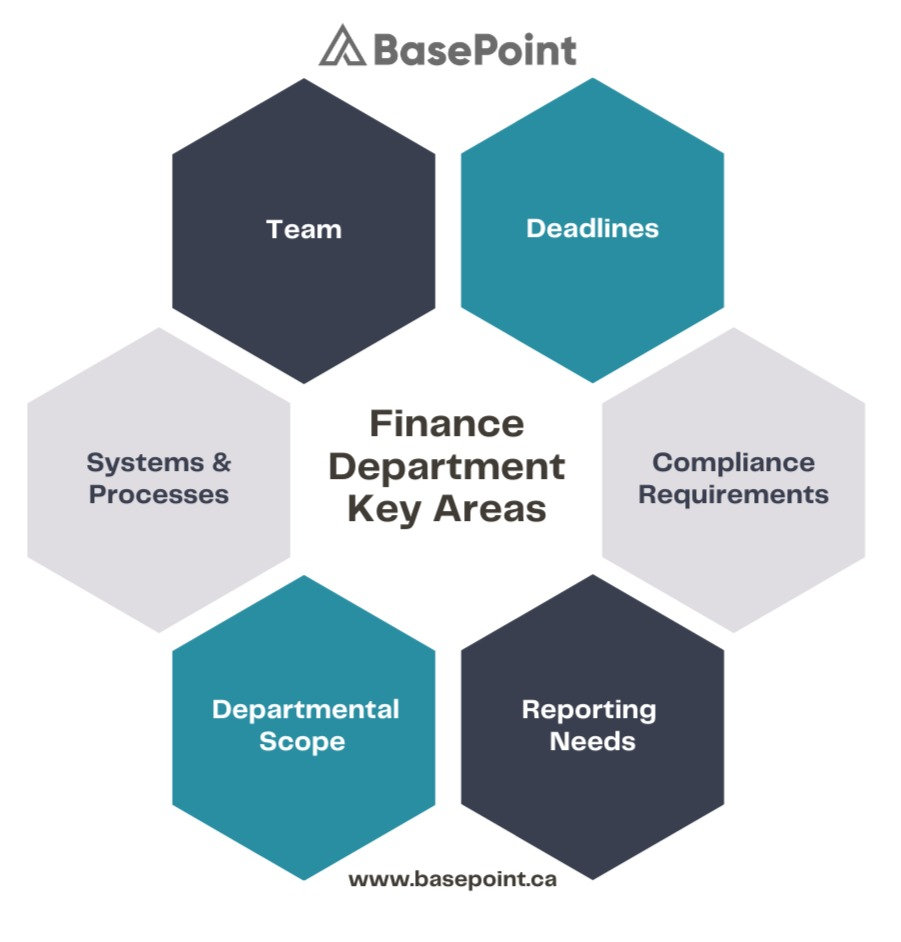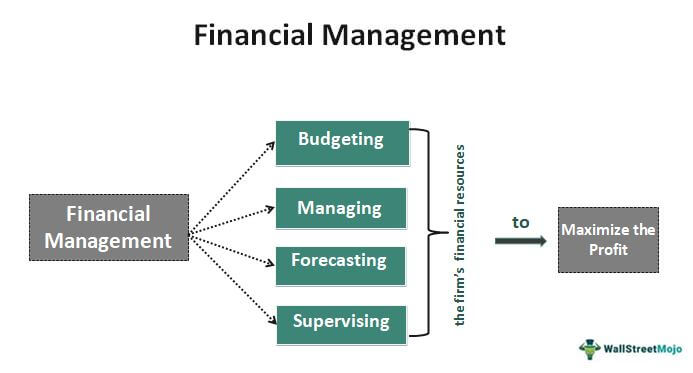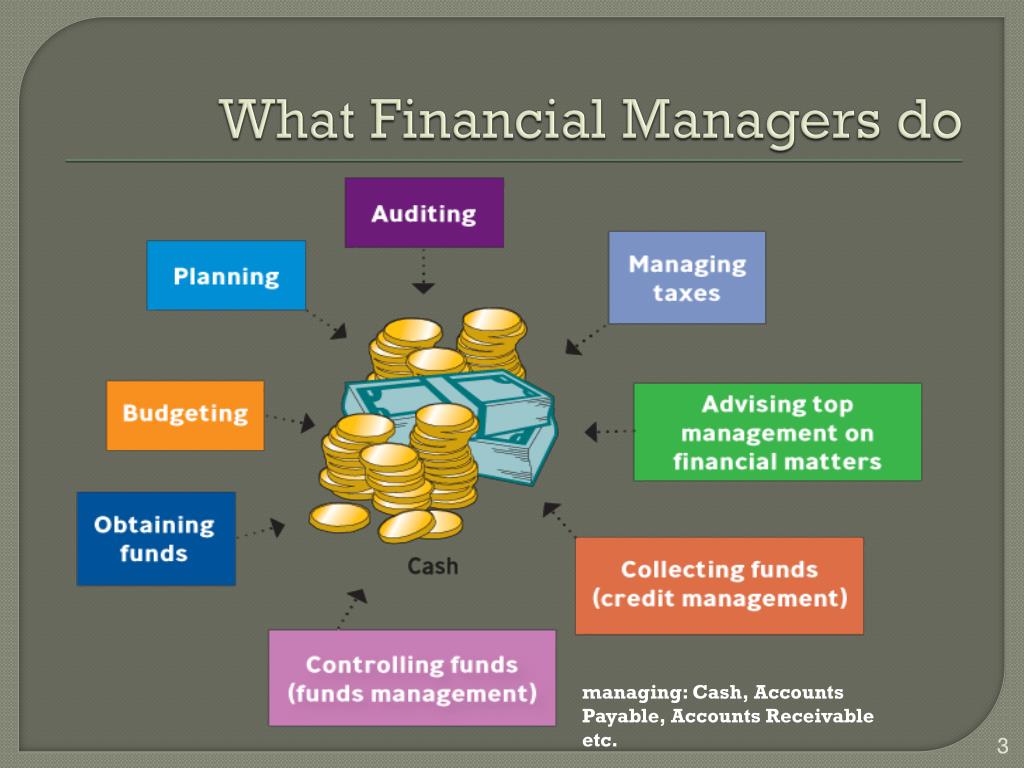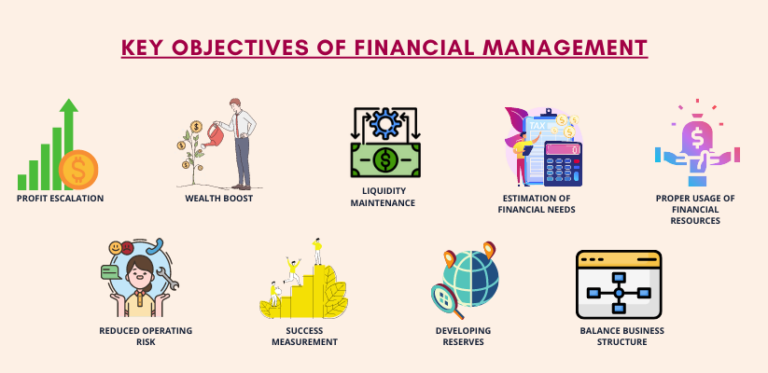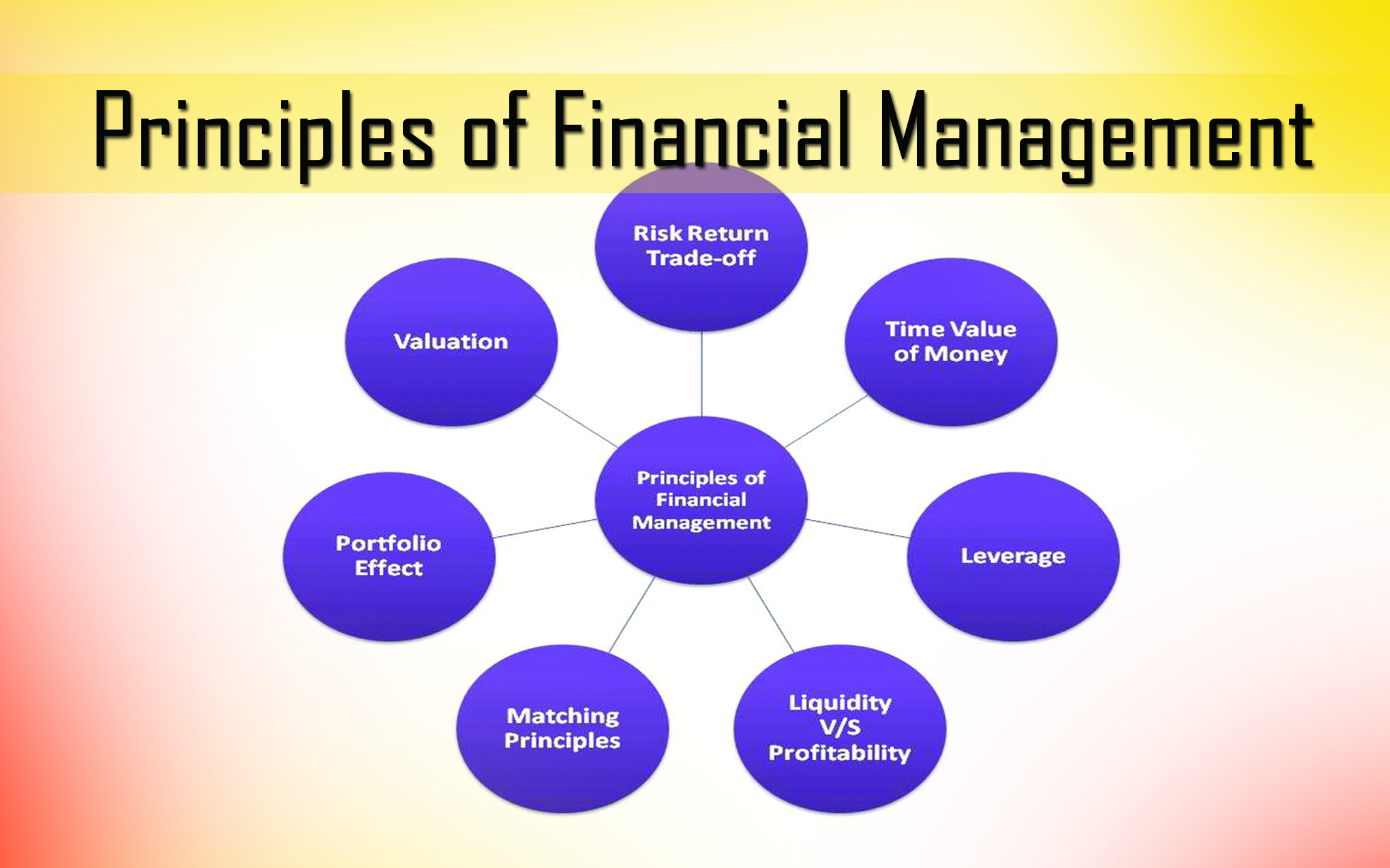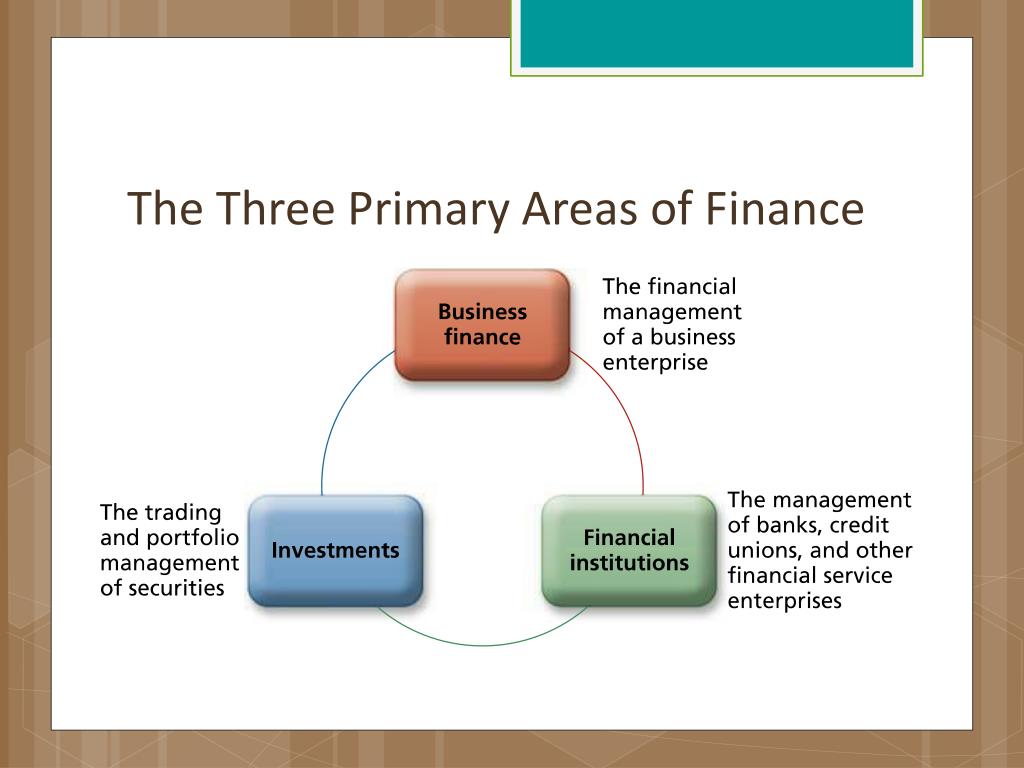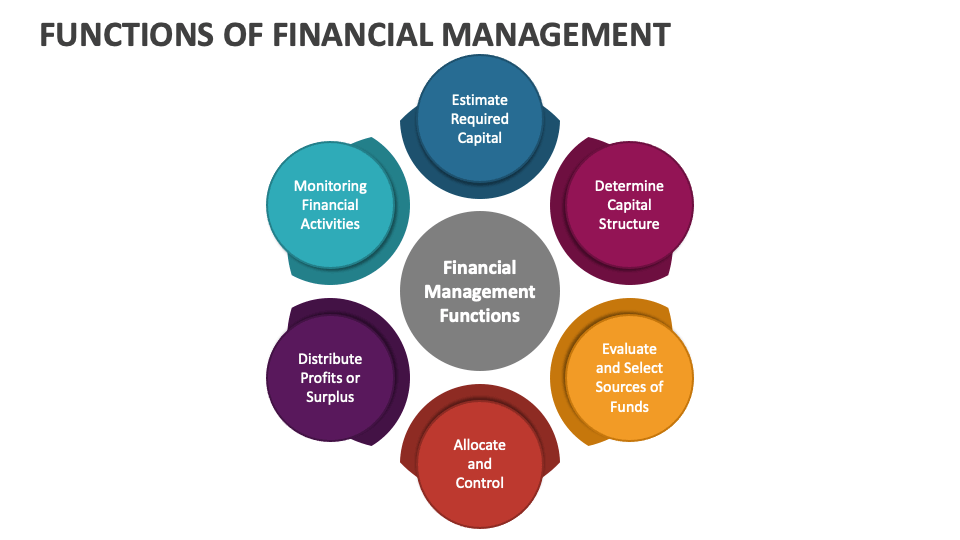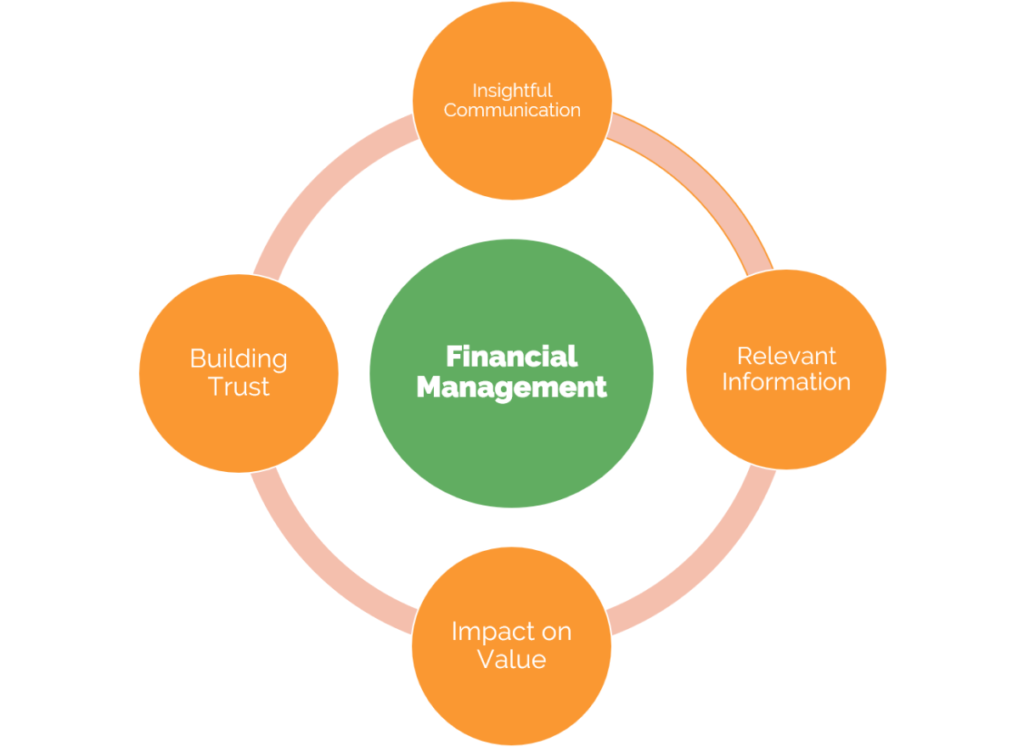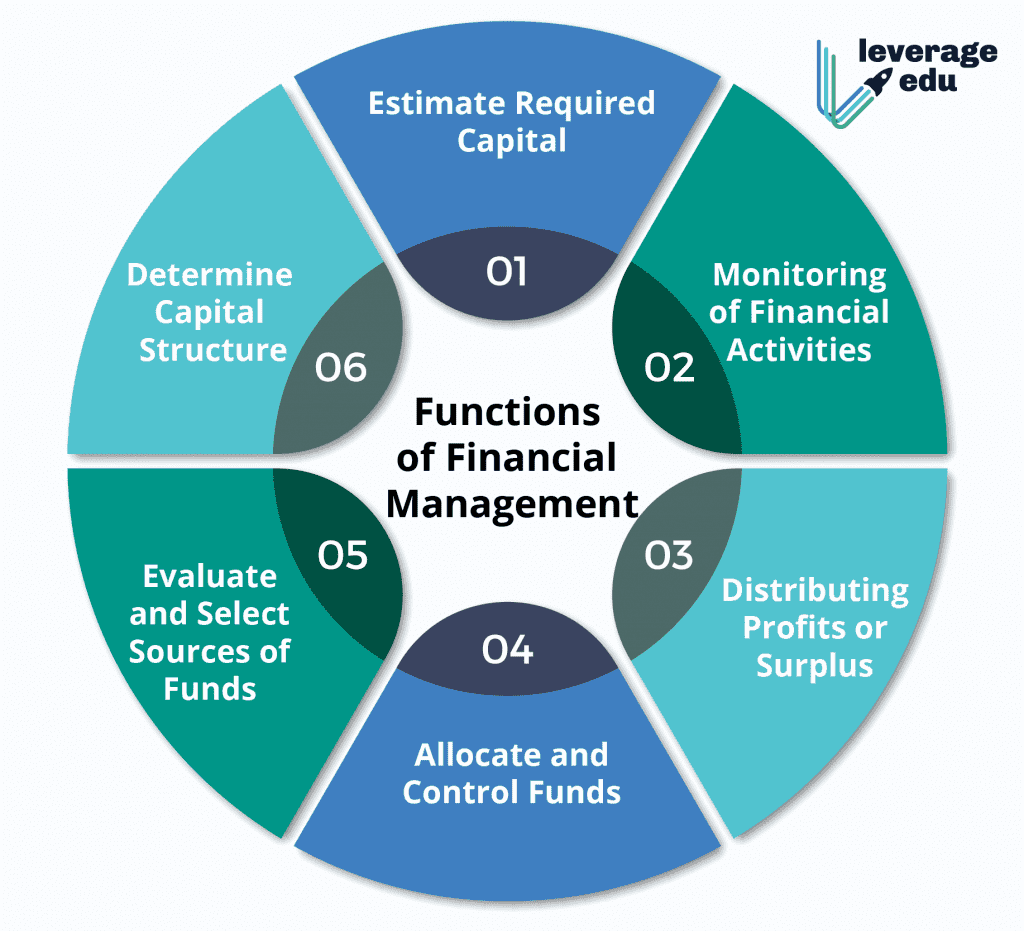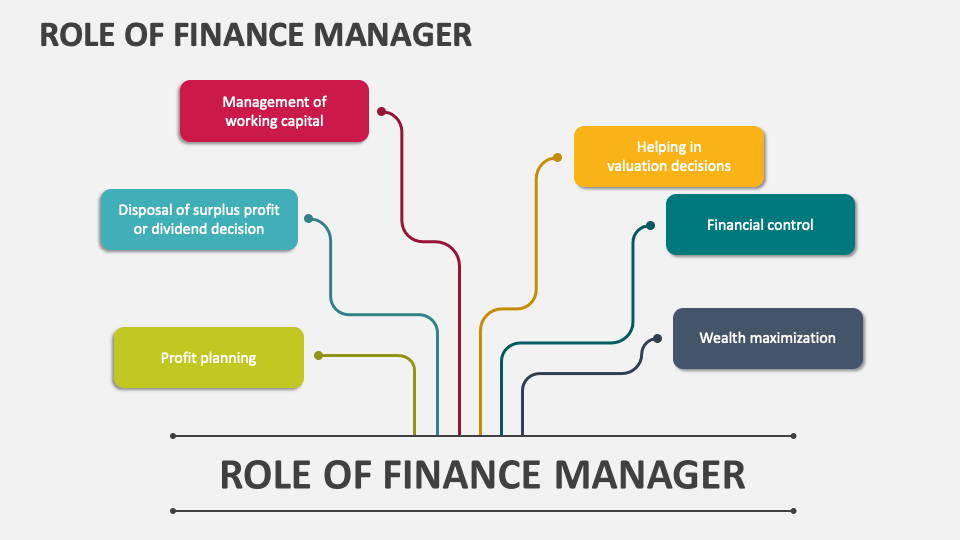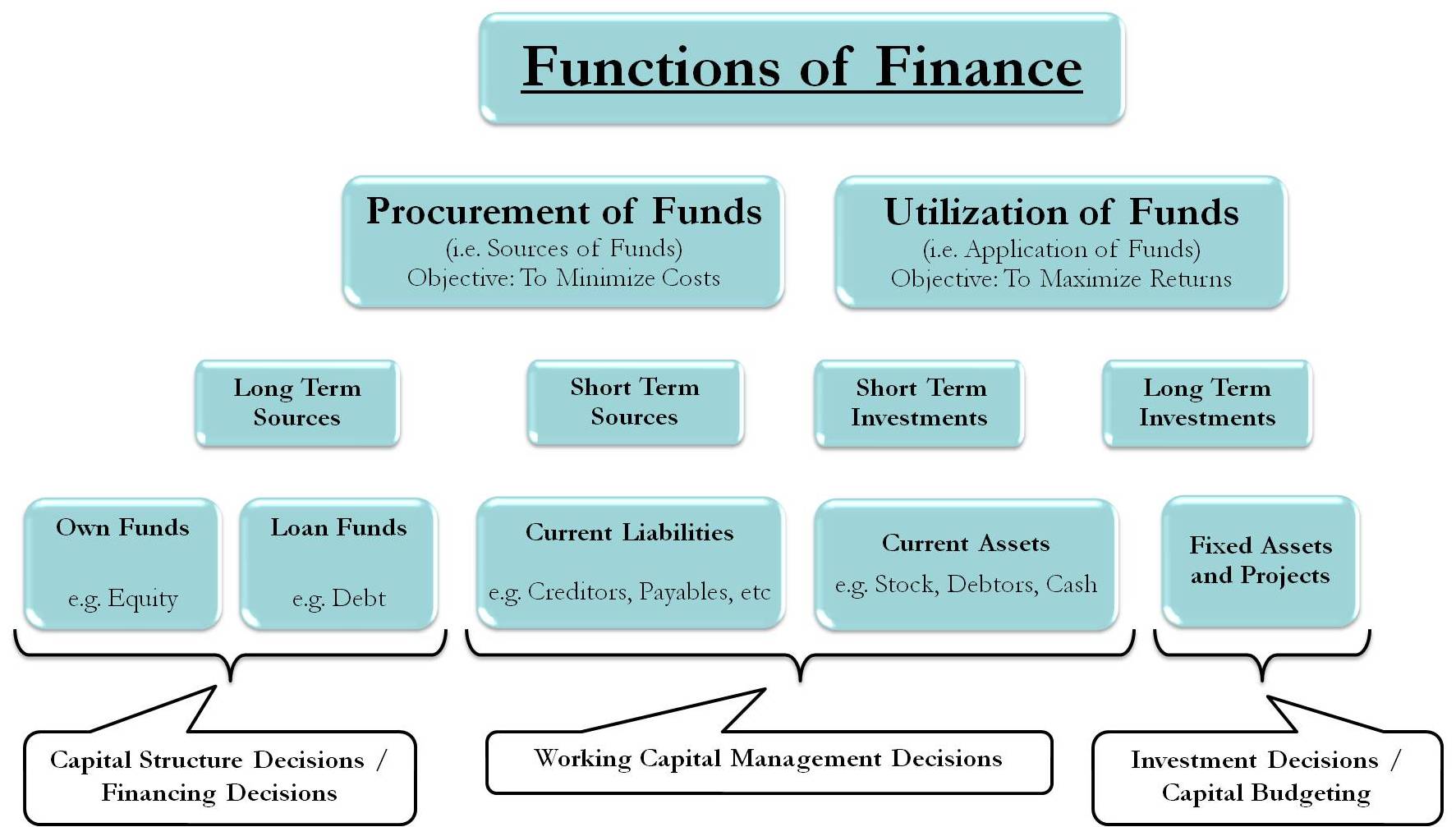What Is A Primary Area Of Concern For Financial Managers
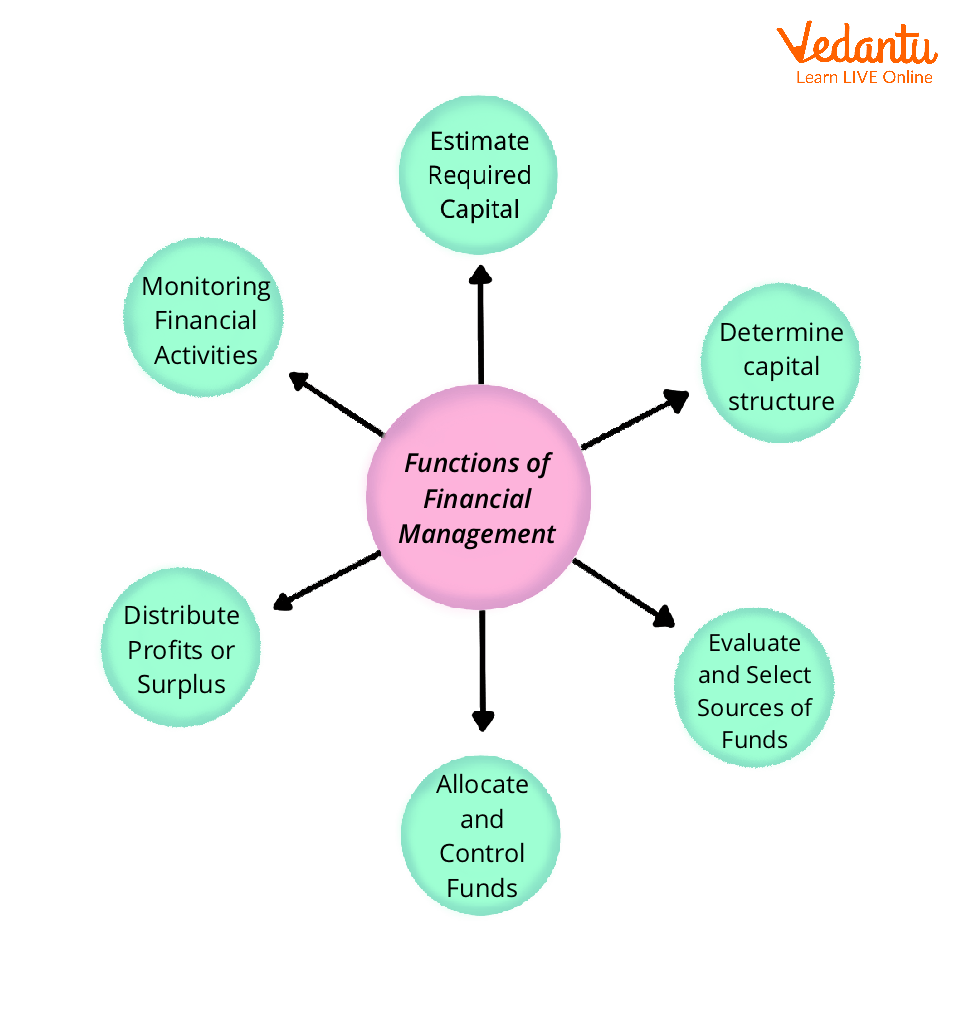
The relentless churn of global markets, coupled with escalating geopolitical tensions and rapid technological advancements, has thrust financial managers into a perpetual state of vigilance. The stakes are undeniably high: the stability of organizations, the security of investments, and the overall health of the economy hinge on their decisions. Among the myriad challenges they face, one primary area of concern consistently rises to the surface: risk management.
This article delves into the multifaceted nature of risk management as the paramount concern for financial managers. We will explore the various types of risks they confront, the strategies they employ to mitigate these risks, and the evolving landscape of risk management in the modern financial world. Furthermore, we will examine perspectives from industry experts and data from reputable organizations to provide a comprehensive understanding of this critical area.
Understanding Risk in the Financial Landscape
Financial managers operate in a world teeming with uncertainty. Their core responsibility is to navigate these uncertainties and make informed decisions that balance potential rewards with acceptable levels of risk. Understanding the different categories of risk is fundamental to effective risk management.
Types of Risks
Market risk encompasses the potential for losses due to fluctuations in market conditions, such as interest rates, exchange rates, and commodity prices. Credit risk arises from the possibility that a borrower will default on their debt obligations. Liquidity risk, another major concern, refers to the risk that an asset cannot be sold quickly enough to prevent or minimize a loss.
Operational risk stems from failures in internal processes, systems, or human error. This can range from fraud and data breaches to disruptions in supply chains. Regulatory risk involves changes in laws and regulations that can negatively impact an organization's financial performance.
Geopolitical risk, increasingly prominent in recent years, arises from political instability, trade wars, and international conflicts. These events can have significant ripple effects throughout the global financial system.
Strategies for Mitigating Risk
Financial managers employ a variety of strategies to mitigate the risks they face. A cornerstone of risk management is diversification, which involves spreading investments across different asset classes, industries, and geographic regions.
Hedging is another commonly used technique that involves taking offsetting positions in related assets to reduce the potential for losses. Insurance is a critical risk management tool that protects against specific types of losses.
Robust internal controls are essential for mitigating operational risk. This includes implementing policies and procedures to prevent fraud, ensure data security, and maintain business continuity.
Furthermore, advanced risk modeling and analysis are crucial for identifying, measuring, and managing risk. This involves using statistical techniques and sophisticated software to assess the potential impact of various risks.
The Evolving Landscape of Risk Management
The financial landscape is constantly evolving, driven by technological innovation, globalization, and changing regulatory environments. This evolution presents new challenges and opportunities for financial managers.
The Impact of Technology
Technology has revolutionized risk management in many ways. Advanced algorithms and machine learning techniques are being used to identify and predict risks more accurately. Fintech innovations have also created new types of financial instruments and markets, which require new risk management approaches.
However, technology also introduces new risks, such as cybersecurity threats and the potential for algorithmic bias. Financial managers must stay abreast of these technological advancements and adapt their risk management strategies accordingly.
Regulatory Changes
Regulatory changes can have a profound impact on risk management. New regulations, such as the Dodd-Frank Act in the United States and Basel III internationally, are designed to enhance financial stability and protect consumers. Compliance with these regulations requires significant resources and expertise.
Financial managers must closely monitor regulatory developments and ensure that their organizations are in compliance with all applicable laws and regulations. This includes implementing robust compliance programs and conducting regular audits.
Perspectives from Industry Experts
According to a recent survey by the Global Association of Risk Professionals (GARP), risk management is consistently ranked as the top priority for financial institutions. The survey found that firms are investing heavily in risk management technology and personnel.
Dr. Anya Sharma, a leading expert in risk management at the Wharton School of the University of Pennsylvania, emphasizes the importance of a holistic approach to risk management. She argues that risk management should be integrated into all aspects of an organization's operations, from strategic planning to day-to-day decision-making.
John Carter, the CFO of a major multinational corporation, states that "effective risk management is not just about avoiding losses; it's about identifying and capitalizing on opportunities. By understanding and managing risks effectively, we can make more informed decisions and achieve our strategic goals."
Looking Ahead
The primary area of concern for financial managers – risk management – will undoubtedly remain a critical focus in the years to come. The interconnectedness of global markets, the accelerating pace of technological change, and the increasing complexity of the regulatory environment will continue to challenge financial managers.
Organizations that prioritize risk management and invest in the necessary resources and expertise will be best positioned to navigate these challenges and thrive in the ever-changing financial landscape. Continuous learning, adaptation, and a proactive approach to risk management will be essential for success.
Furthermore, fostering a strong risk culture within organizations is paramount. This involves creating an environment where risk awareness is embedded in the organization's values and where employees are empowered to identify and report potential risks. Only through a comprehensive and integrated approach to risk management can financial managers safeguard their organizations and contribute to a more stable and prosperous financial future.
